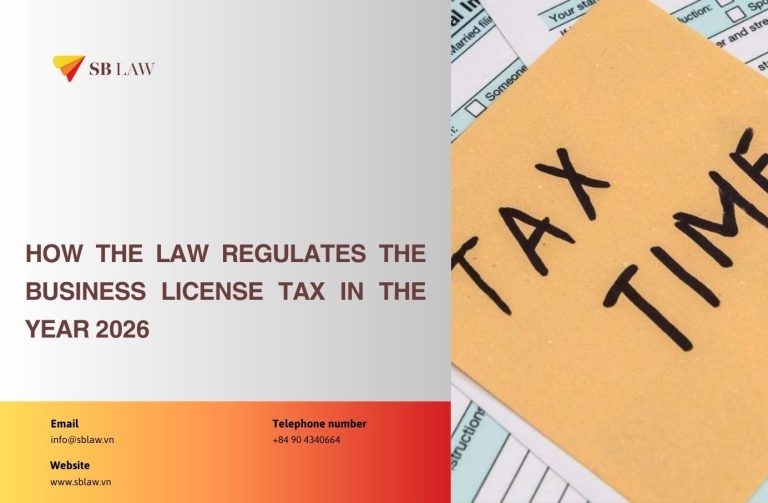Question:
My company recruited an employee for a sales position, however during the work process, this employee often failed to complete targets and received negative feedback from customers. In this case, does the company have the right to unilaterally terminate the labor contract (LC) with this employee?
Answer:
According to Point a, Clause 1, Article 36 of the Labor Code, the company has the right to unilaterally terminate the labor contract when the employee regularly fails to complete the work as agreed in the labor contract. However, this does not imply that the company can easily terminate the contract based solely on the company's feelings or subjective assessment, but must rely on the Regulations to evaluate the level of work completion issued by the company. and must consult with the representative organization of workers at the grassroots level for places where there is a representative organization of workers at the grassroots level.
Furthermore, the law does not specifically stipulate how to develop this regulation, therefore to limit disputes, companies should consider building regulations with content that does not violate the law, consistent with the company's business model and ensuring fairness.
Propose:
To avoid violating labor laws and ensure the rights of both parties, the company needs to establish a clear and transparent Regulation on evaluating the level of work completion. This regulation will be the legal basis to objectively determine whether an employee completes the job or not.
1. Regulations on evaluating the level of work completion:
- This regulation needs to be promulgated and widely disseminated within the company, ensuring that all employees clearly understand the job evaluation criteria.
- For companies that have employee representative organizations at the facility, when developing this regulation, the company must consult with the employee representative organization to ensure the rights of employees protected and avoid potential conflicts and disputes.
2. How to build regulations:
Although the Labor Code does not stipulate details on how to develop job evaluation regulations, to ensure legality and limit disputes, companies should consider the following factors:
- The content of the regulations must be consistent with the provisions of law and the specifics of the company's business activities. For example, evaluation criteria may include the level of achievement of sales targets, number of satisfied customers, working hours, and communication skills.
- Regulations must also ensure fairness between positions and departments, avoiding cases where some groups are evaluated too harshly compared to others.
3. Evaluation and handling process:
Before the company makes a unilateral decision to terminate the labor contract, the following steps should be taken:
- Written notice: Before terminating the labor contract, the company needs to give written warnings and give employees the opportunity to improve work performance within a certain period of time.
- Fair and objective evaluation: The company must ensure that employee performance evaluations are based on criteria clearly specified in the regulations
Recordkeeping: Maintain adequate documentation and evidence of employee failure to complete work and warnings that have been sent. This will help the company protect its rights in the event of a labor dispute.




